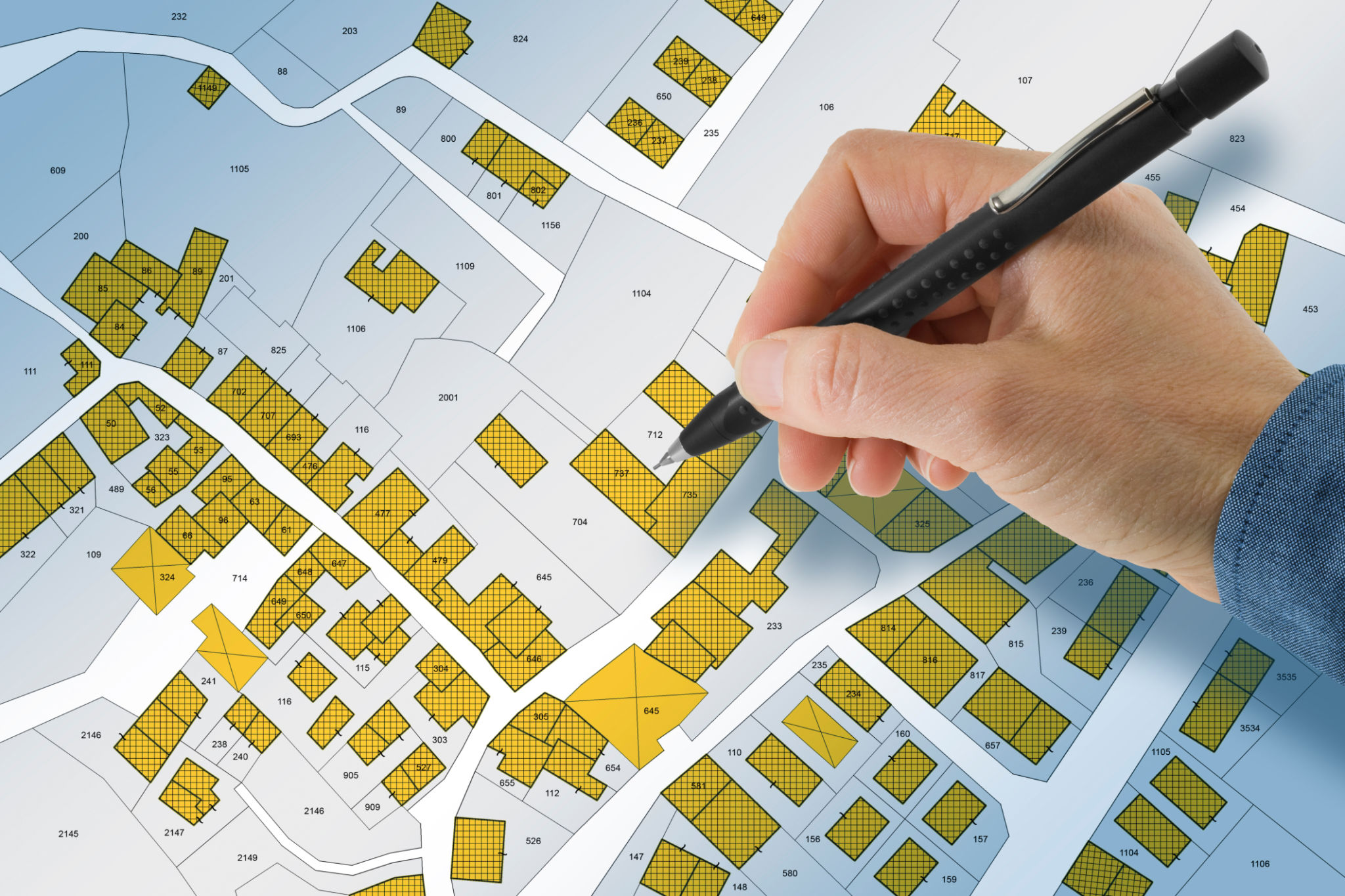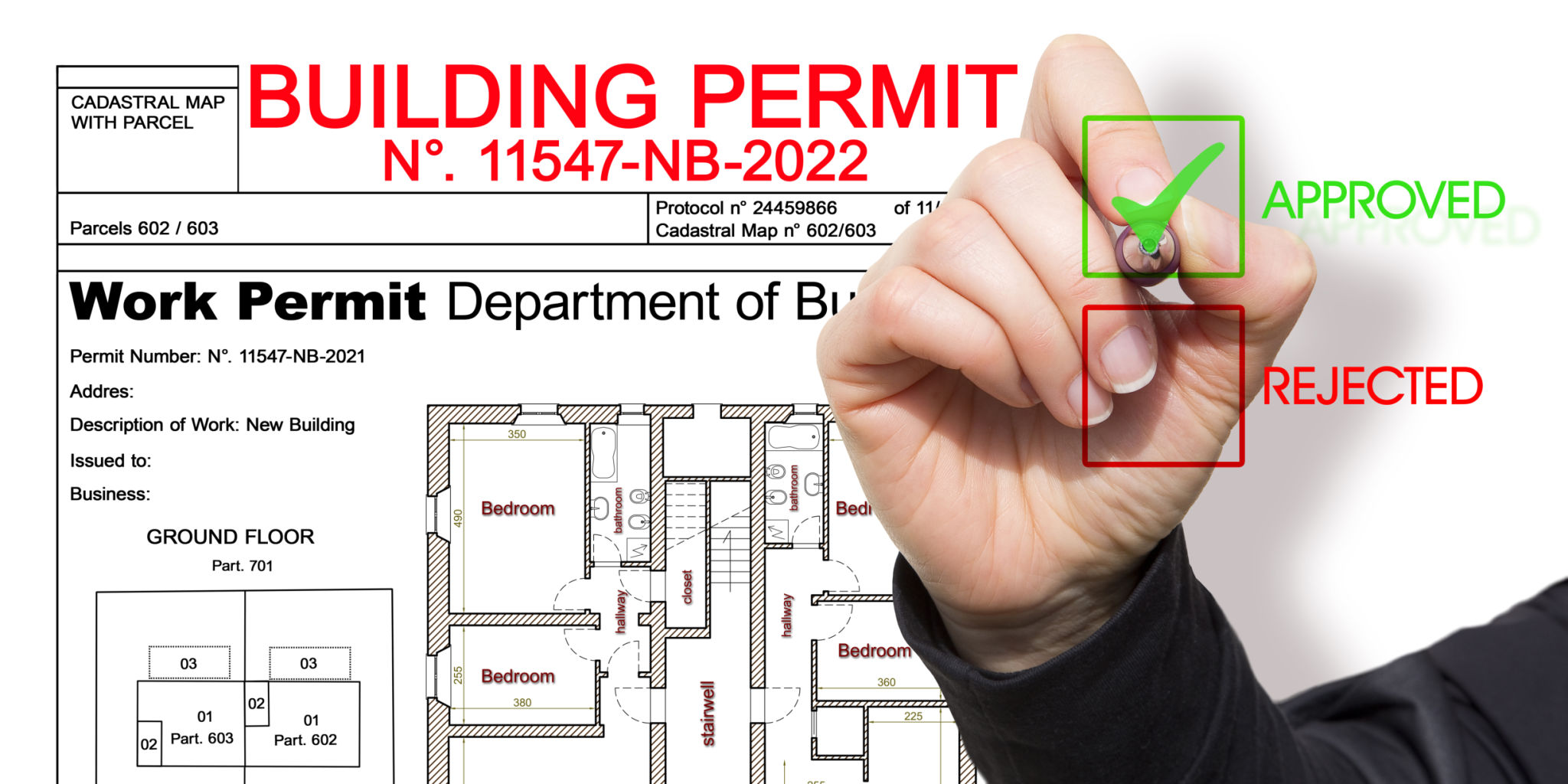How to Prepare Your Land for Development: A Step-by-Step Guide
Understanding Zoning and Land Use Regulations
Before initiating any land development project, it is crucial to understand the zoning laws and land use regulations applicable to your property. These regulations dictate what can and cannot be built on the land. Check with your local government or planning department to ensure that your proposed development complies with all the necessary legal requirements.
Consider consulting with a zoning attorney or a land use planner to gain a comprehensive understanding of any restrictions or opportunities related to your land. This will help you avoid potential legal issues and streamline the development process.

Conducting a Site Assessment
A thorough site assessment is essential for identifying the characteristics of your land that may affect development. This includes analyzing soil quality, topography, drainage, and environmental factors. Hiring a professional surveyor or environmental consultant can provide valuable insights into the site's potential and any challenges you may face.
During this stage, it is also important to conduct a boundary survey to clearly define property lines. This will prevent future boundary disputes and ensure you are developing within your legal limits.
Securing Permits and Approvals
Obtaining the necessary permits and approvals is a critical step in land development. This typically involves submitting detailed plans to local authorities and may require public hearings or community consultations. Be prepared for this process to take time, as it often involves multiple government agencies.

Common permits include building permits, environmental permits, and utility permits. Ensure you have all the documentation ready to expedite the approval process.
Preparing the Land
Once you have secured the necessary approvals, it's time to prepare the land for construction. This involves clearing the site of any existing structures, vegetation, or debris. Grading the land to create a level surface is also essential for many development projects.
Consider hiring professional contractors for excavation and grading work to ensure the land is adequately prepared for building. Proper site preparation can prevent future issues such as drainage problems or foundation instability.

Ensuring Utility Access
Access to utilities like water, electricity, and sewage is vital for any development project. Coordinate with local utility companies to arrange for the installation or connection of necessary services. This may involve extending utility lines or installing new infrastructure on your property.
Proper planning at this stage can prevent costly delays and ensure that your project progresses smoothly.
Developing a Construction Plan
With the land prepared and utilities in place, develop a detailed construction plan. This plan should outline the timeline, budget, materials, and labor required for the project. Hiring a reputable contractor or construction manager can help ensure that your development stays on track and within budget.

Regularly review and adjust your plan as needed to accommodate any changes or unforeseen challenges that may arise during construction.
Monitoring Progress and Compliance
Throughout the construction phase, it is essential to monitor progress closely to ensure compliance with all regulations and standards. Regular site visits and inspections can help identify any issues early on, allowing for timely adjustments.
Stay in communication with contractors and stakeholders to keep everyone informed and aligned with the project's goals.
Finalizing Development
Once construction is complete, conduct a final inspection to ensure everything meets the required standards and specifications. Address any outstanding issues before formally concluding the project.

Finally, obtain a certificate of occupancy or similar documentation from local authorities to confirm that your development is ready for use. Congratulations! Your land development project is now complete.